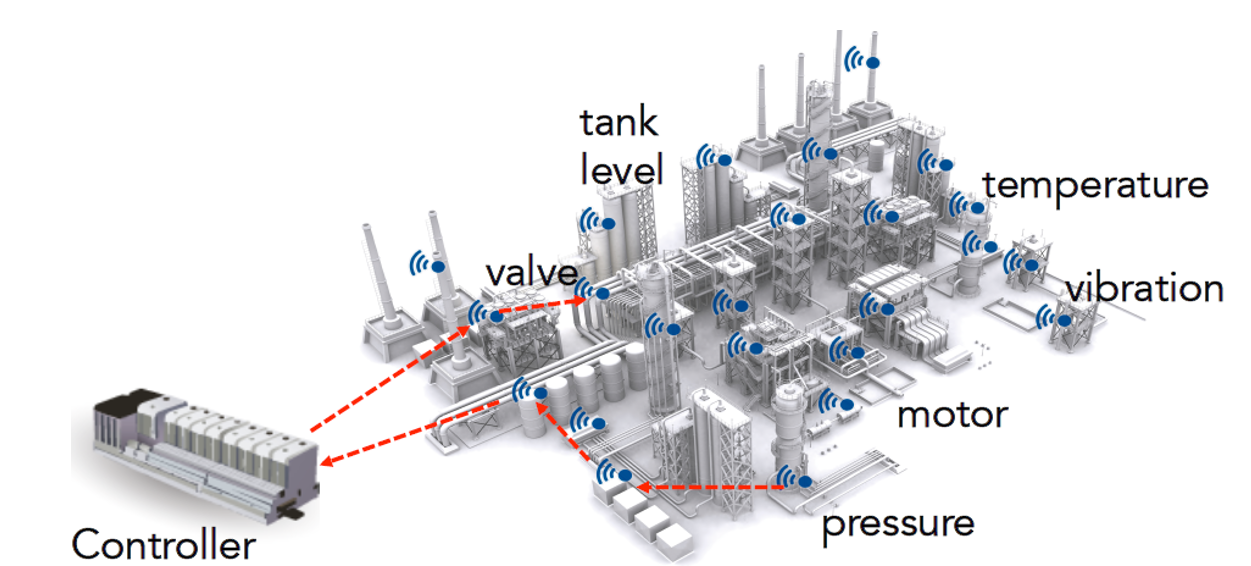Advancing Network Configuration and Runtime Adaptation Methods for Industrial Wireless Sensor-Actuator Networks

A decade of real-world deployments of industrial wireless standards, such as WirelessHART and ISA100, has demonstrated the feasibility of using IEEE 802.15.4-based wireless sensor-actuator networks (WSANs) to achieve reliable and real-time wireless communication in industrial environments. Although WSANs work satisfactorily most of the time thanks to years of research, they are often difficult to configure as configuring a WSAN is a complex process, which involves theoretical computation, simulation, field testing, among other tasks. To support new services that require high data rates and mobile platforms, industrial WSANs are adopting wireless technologies such as 5G and LoRa and becoming increasingly hierarchical, heterogeneous, and complex, which significantly increases the network configuration difficulty. This CAREER project aims to advance network configuration and runtime adaptation methods for industrial WSANs. Research outcomes from this project will significantly enhance the resilience and agility of industrial WSANs and reduce human involvement in network management, leading to a significant improvement in industrial efficiency and a remarkable reduction of operating costs. By providing more advanced WSANs, the research outcomes from this project will significantly spur the installation of WSANs in process industries and enable a broad range of new wireless-based applications, which affects economics, security, and quality of life. This project enhances lectures and course project materials, supports curriculum developments, creates research opportunities for undergraduate and graduate students, and establishes outreach programs for K-12 students.
Different from traditional methods that rely largely on experience and rules of thumb that involve a coarse-grained analysis of network load or dynamics during a few field trials, this project develops a rigorous methodology that leverages advanced machine learning techniques to configure and adapt WSANs by harvesting the valuable resources (e.g., theoretical models and simulation methods) accumulated by the wireless research community. This project develops new methods that leverage wireless simulations and deep learning to relate high-level network performance to low-level network configurations and efficiently adapt the network at runtime to satisfy the performance requirements specified by industrial applications. This project demonstrates the performance of WSANs that are equipped with those new methods through testbed experimentation, case study, and real-world validation. The research outcomes from this project affects not only industrial WSANs but other complex wireless networks as this project creates a replicable template for novel network configuration and runtime adaptation strategies that advance the state of the art of wireless network management.
Dates Active: October 1, 2021– February 28, 2026
Organizations
National Science Foundation (NSF; funder)
